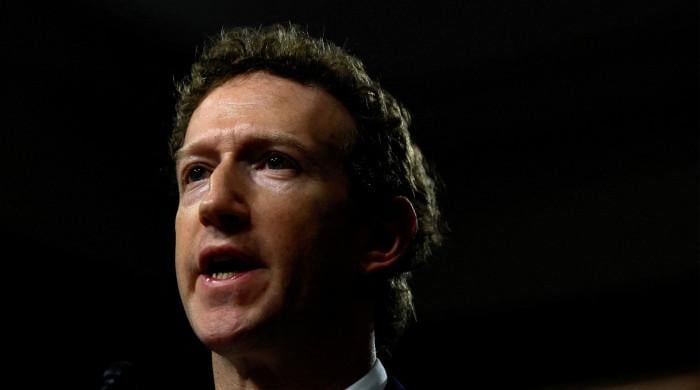Canada bans WeChat, Kaspersky on government devices
Canada says applications poses an "unacceptable level of risk to privacy and security"
October 31, 2023

Canadian government Monday announced to prohibition of the use of WeChat, a Chinese messaging application, and Kaspersky, a Russian antivirus programme, on mobile devices provided by the government.
This action was taken in response to concerns about privacy and security, and it was emphasised that no breach of government information had occurred.
The ban was put into effect following an assessment conducted by Canada's chief information officer.
The Treasury Board of Canada, responsible for overseeing public administration, released a statement indicating that both WeChat, owned by Tencent and applications developed by Moscow-based Kaspersky posed an "unacceptable level of risk to privacy and security."
China's foreign ministry responded by expressing its discontent with the decision, accusing the Canadian government of imposing bans on Chinese enterprises without substantial evidence.
They argued that this was done under the pretext of data security, characterising it as a broad application of national security concepts. The ministry viewed the ban as an abuse of national power and an unreasonable restriction on the activities of companies from specific countries.
The ministry urged Canada to set aside ideological biases and create a fair and non-discriminatory business environment for Chinese companies, as stated by spokesperson Wang Wenbin during a regular press briefing.
Kaspersky expressed surprise and disappointment in response to the ban, noting that it was implemented without prior notice or an opportunity for the company to address the government's concerns.
The company contended that the decision lacked evidence or due process to justify such actions and was driven more by the geopolitical climate than a comprehensive evaluation of the integrity of Kaspersky's products and services.
WeChat, on the other hand, did not immediately provide a comment on the situation.
The Treasury Board clarified that no evidence existed to suggest that government information had been compromised. However, they pointed out that the data collection methods of these applications provided significant access to a device's content, and the associated risks were evident.
The decision to remove and block WeChat and Kaspersky applications aimed to ensure the security and protection of government networks and data, aligning with the approach taken by Canada's international partners.
The implementation of this ban involved the immediate removal of the applications from government-issued mobile devices, with future downloads of these apps being restricted.
This move follows a previous ban in February, where Canada prohibited TikTok, a short-video app owned by the Chinese company Bytedance, from government-issued devices, citing similar privacy and security concerns.











